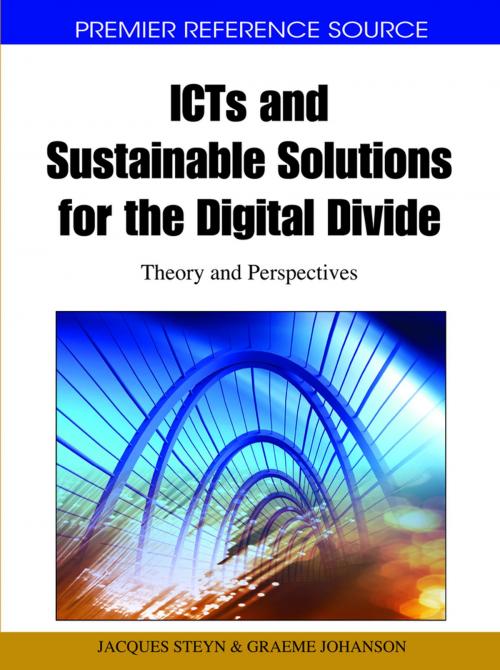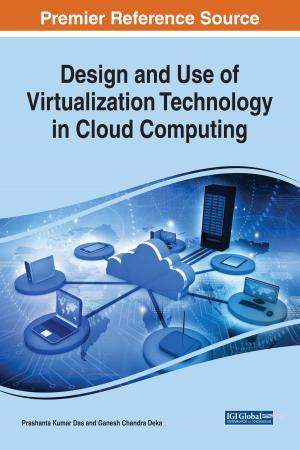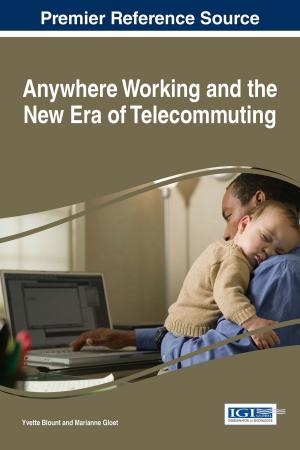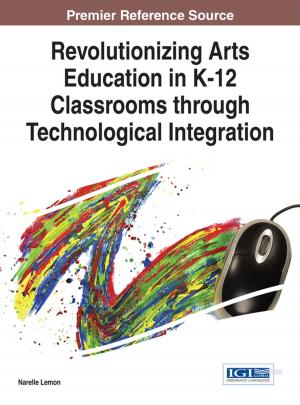ICTs and Sustainable Solutions for the Digital Divide
Theory and Perspectives
Nonfiction, Computers, General Computing, Reference, Business & Finance, Economics, Theory of Economics| Author: | ISBN: | 9781466607996 | |
| Publisher: | IGI Global | Publication: | September 30, 2010 |
| Imprint: | Information Science Reference | Language: | English |
| Author: | |
| ISBN: | 9781466607996 |
| Publisher: | IGI Global |
| Publication: | September 30, 2010 |
| Imprint: | Information Science Reference |
| Language: | English |
The coming of age of the personal computer and World Wide Web has made it possible to reach a much wider portion of populations. Technological determinists as well as social activists saw the potential of deploying networked computers to the general citizenry, and internet cafés and telecentres were established. Over the past twenty years only a handful of very poor countries did not get onto this bandwagon. ICTs and Sustainable Solutions for the Digital Divide: Theory and Perspectives focuses on Information and Communication Technologies for Development (ICT4D), which includes any technology used for communication and information. This publication researches the social side of computing, the users, and the design of systems that meet the needs of “ordinary” users.
The coming of age of the personal computer and World Wide Web has made it possible to reach a much wider portion of populations. Technological determinists as well as social activists saw the potential of deploying networked computers to the general citizenry, and internet cafés and telecentres were established. Over the past twenty years only a handful of very poor countries did not get onto this bandwagon. ICTs and Sustainable Solutions for the Digital Divide: Theory and Perspectives focuses on Information and Communication Technologies for Development (ICT4D), which includes any technology used for communication and information. This publication researches the social side of computing, the users, and the design of systems that meet the needs of “ordinary” users.















